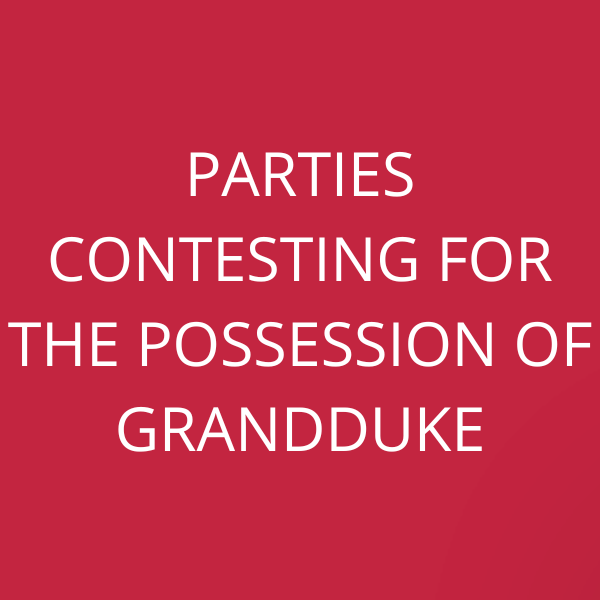Just merely having a trademark rights doesn’t mean exclusive control of a mark. The order of the sequence of registration related to different aspects such as that of the registration of the infringing domain and even the history of trademark owners also plays a role.
Arbitration Center for Internet Disputes came across a tussle in relation to the domain name GrandDuke.com. The Complainant operates a business that involves soaps, cosmetics, and dentifrices.
The Complainant possesses trademark rights over GRAND DUKE across different jurisdictions that include Japanese, UK, Swiss and EU (word as well as figurative) trademarks. The Japanes mark is the earliest among all with the registration being done in 1977. All other trademarks are new, with the UK trademark registered in 2020 being the oldest. The Complainant has also applied for the US and Canadian marks as well.
The domain name was registered in 2002. The Complainant claims that the Respondent registered the domain name in 2012 as there were other owners of the domain name. The Complainant provides a list of previous owners.
The domain name was being used for Gambling purposes. The Complainant further claims that the gambling nature of the domain name has brought damage to the Complainant’s brand value.
The panel noted that its jurisdiction doesn’t involve assigning any punishment for doing bad things such as gambling on the internet. The panel found that the only trademark right that the Complainant could claim to be violated here is the Japanese mark.
However, the Japanese trademark itself was held by someone else. The Complainant failed to provide details of this exchange. Moreover, the Respondent’s domain name displayed a gambling website.
How could a gambling website be said to be in a bad faith against a company that sells soap.
The Complaint was denied.
You can read the case in detail here.


Join the Discussion